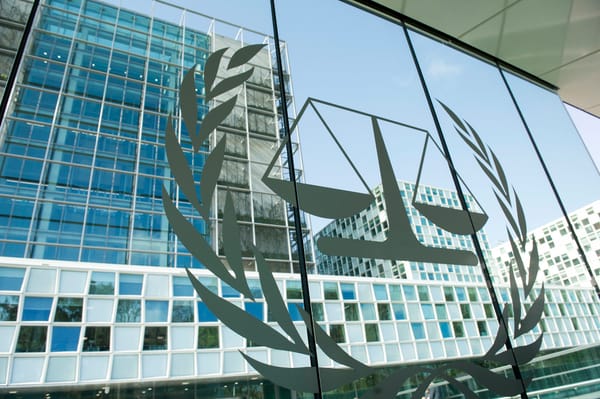
EON Polska earmarked 33bn war chest for green projects by 2027 - company president
“There will be more and more renewable energy in Poland and other European countries,” E.ON Polska president Andrzej Modzelewski said in an interview with Gazeta Wyborcza published on Saturday, 29 April.
The energy company executive told the Polish daily that “at E.ON, unlike at other operators, we are very willing to connect RES and create conditions to connect as many as possible.
“We are in Warsaw, but this applies to all markets where E.ON currently is – we have earmarked EUR 33bn until 2027 to connect new, green sources. The E.ON Group increased the planned amount of investment in this area by EUR 6bn from the original plans. We want to be a magnet attracting everyone who wants to create new sources.”
Investing in renewables worth the risk – EON chief
“In my opinion, all market participants should take the risk of investing in RES (renewable energy sources), as well as any other energy sources. No energy producer should be favoured when it comes to grid security.
“Stopping a wind farm for a few, several or several dozen hours a year will not cause great harm to the investor’s profit if it operates, for example, for 3,000 hours annually,” he added.
“Renewable energy is characterized by the fact that generation can be temporarily limited without major perturbations. This is not a nuclear or coal block where you have to predetermine exclusions. This energy can be easily controlled and flexibility is its great advantage.
“If the RES industry wants to invest, and it wants to – and significantly, it should be aware of the business risks associated with a given investment. In the case of RES, this may concern, for example, lower wind… or possible shutdowns,” the energy executive commented.
Market defines supply and demand – Modzelewski
Asked about RES shutdowns in Poland the previous weekend, Modzelewski said “I have known this problem for at least 20 years – conventional power plants also had to shut down their units and resume work from Monday – and they also lost money.
“Outages are really rare and short-lived. Such periods are not of great importance for the profitability of the investment in terms of the lifetime of the entire project. This electricity can be used to produce hydrogen or stored in batteries or hot water – there are plenty of options and storage will be one of the pillars of the green transformation.
“I believe that outages should not require compensation, because why should other market participants bear the costs of oversupply of electricity and cover the costs of investment risk? Let the prices on the stock market decide,” Modzelewski added.
“You simply have to take some risk as an investor. The renewable energy industry cannot have 100% business certainty: when I have high energy prices, I take advantage of the situation, and when this energy is too much and there may be shutdowns, someone will pay me for it anyway. Market participants should define supply and demand. This can only be done by an investor at his own risk, not a politician or official.
“These are the pros and cons of renewable energy development. When there is too much of a given product, it is important not to shift the cost … onto other market participants.
“That’s just how it was and is, and it’s not something that should be considered negative. There is a lot of capital on the market and people are willing to invest. If we try to shift the costs of RES shutdowns onto consumers, grid operators will say: we will stop connecting new sources to the grid at all since we cannot limit production,” Modzelewski said.
Growing demand for RES in Poland
Asked whether the situation is easier in Warsaw due to the density of its network, Modzelewski agreed but added that the network does not require investment. “We have clients with large server rooms, and we note a lot of interest from such entities in joining.
“Let us remember that the demand for energy in Poland will grow. We have more and more devices that use electricity, such as heat pumps and electromobility. Therefore, in order to meet expectations, parallel development of power grids and RES will be necessary,” he concluded.





